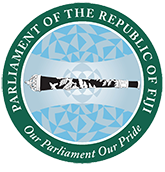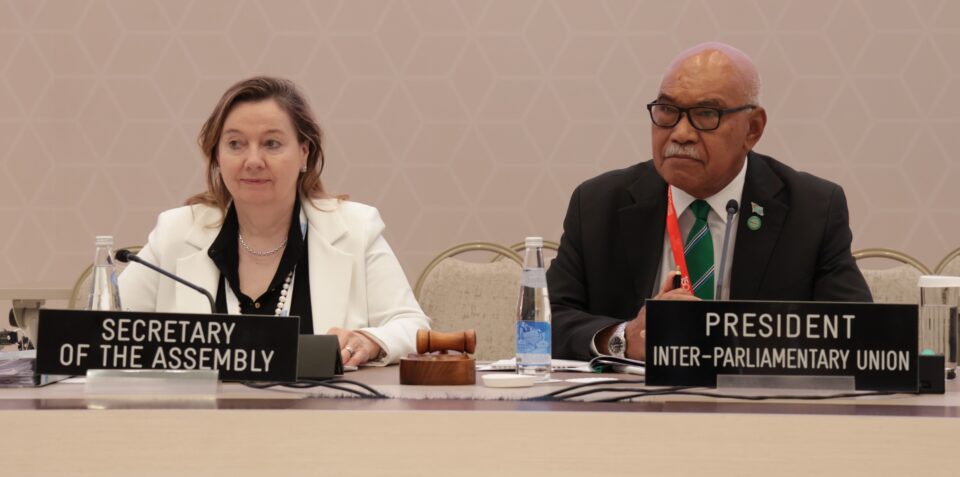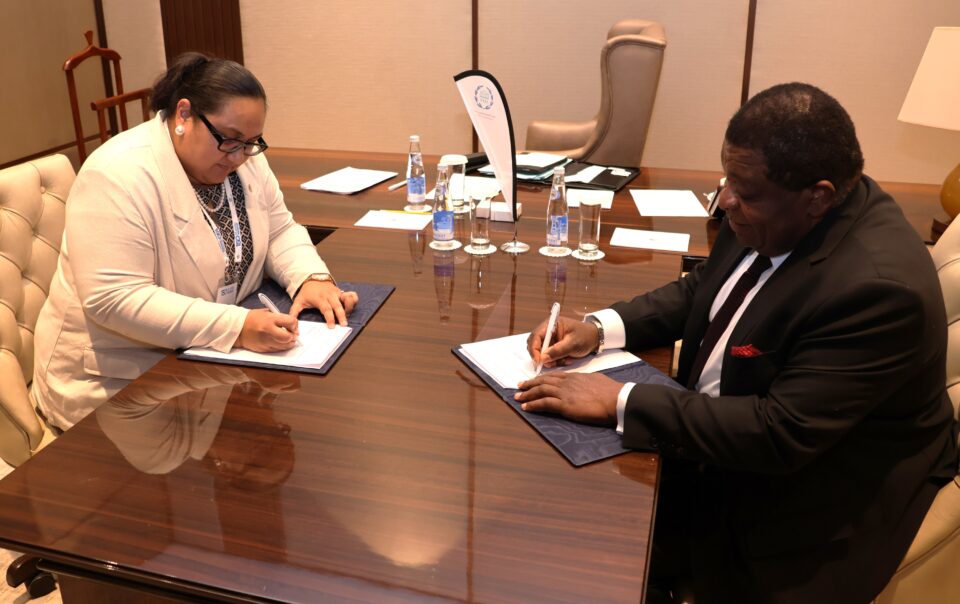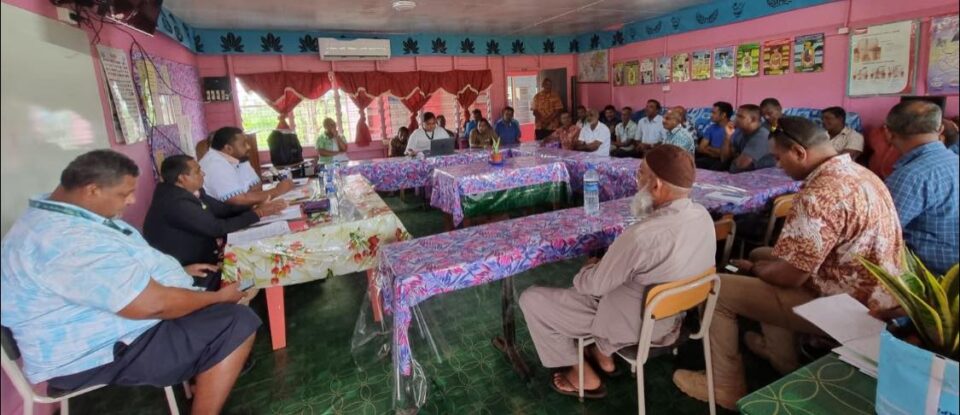New Parliament Committee For Gender Formed
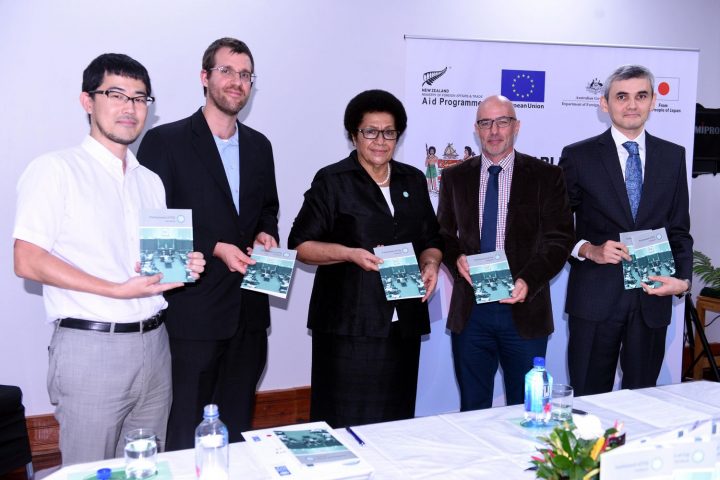
Group photo - Speaker Hon. Dr Jiko Luveni with representatives of the UNDP Parliament Support Project.
A new Parliament Committee for Gender has been established to consider Parliament’s contribution to the advancement of SDG 5 – ‘Achieve gender equality and empower all women and girls’.
This was announced by the Speaker of the Fijian Parliament, Hon. Dr Jiko Luveni whilst launching the Practical Toolkit on Scrutinising Legislation from a Gender Perspective in Parliament this morning.
The committee is made up of all the Chairs and Deputy Chairs of the six (6) Standing Committees of Parliament and will be assisted by the Parliament Secretariat.
Hon. Dr Luveni sincerely believes that it is the role of the Fijian Parliament that gender issues are considered when scrutinising draft laws.
“Committees to date have lacked clear guidance on how to implement the important Standing Order relating to gender analysis when they are scrutinizing legislation. There are good intentions across the whole Parliament on this issue of gender equality, but the challenge has been turning this good will into effective action. This toolkit is the missing chain in the link,” she said.
She also highlighted that Fiji is at the forefront of efforts to mainstream gender in the work of Parliament.
“Mainstreaming gender can take many forms and in Fiji, we are looking to address all of them. Mainstreaming gender in Parliament means ensuring that women are prominent in leadership positions in the legislature. With a Parliament that has a woman as Speaker, a woman as Secretary-General and a woman as Deputy Secretary-General, you cannot get much more prominent than this.”
“We also have prominent women Ministers and woman as Leader of the Opposition. I hope that by example, people in Fiji will see women in these leadership positions in their Parliament and know that in the Fijian Parliament, both women and men can reach the very top,” Hon. Dr Luveni said.
UN Resident Coordinator and UNDP Resident Representative H.E. Osnat Lubrani said that scrutinising legislation through a gender lens is crucially important.
“If the laws of the country – the very frameworks upon which our societies are built and governed – have not been considered from a gender perspective, then it can make it increasingly difficult to create the equality we strive for in society.”
“I very much hope that this toolkit will assist MPs in asking the right questions and also be available to assist CSOs and members of the public who come before committee to give their opinions on draft laws. We have seen over the last year a significant increase in the number of people engaging with Parliament and giving their opinions on proposed laws and this is highly encouraging.”
Ambassador and Head of Delegation for the European Union for the Pacific, H.E. Andrew Jacobs was honoured to represent all the development partners to launch the ‘Gender Toolkit’.
“The toolkit is a practical guide for MPs on how to scrutinize legislation from a gender perspective, in the day-to-day work of a parliamentarian. It is not an academic or theoretical description of the concepts of gender, equality or analysis but it is designed to be a practical document.”
The toolkit was developed by the Fijian Parliament with the assistance of the UNDP Fiji Parliament Support Project donors, the European Union, and the Governments of New Zealand, Australia and Japan.

